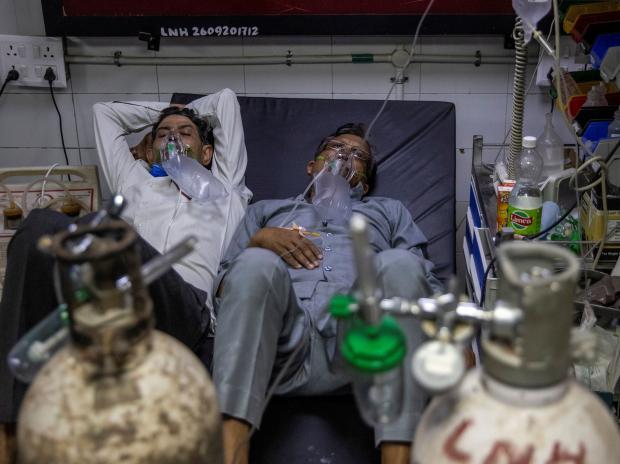Several variants of SARS-CoV-2 have been emerging across the globe, continuing to threaten efforts to stem the world’s worst virus outbreak. The variants with N440K spike substitution have been detected in several parts of India, which has been hit by the second wave of the pandemic.
Scientists at the Centre for Cellular and Molecular Biology (CCMB) have found that lineages with N440K are not the dominant ones in the second wave of the coronavirus pandemic in India. It was CCMB that had discovered the new coronavirus variant N440K.
Experts have also said that the new prevalent variant, N440K is at least 15 times more lethal than the earlier ones. They said it may even be stronger than the Indian variants of B1.617 and B1.618.
While N440K was indeed a mutation of concern in South India during and after the first wave, current data shows that it is slowly being replaced by new variants of concerns (VoCs) such as B.1.617 (dubbed a double-mutant variant) and B.1.1.7 (variant identified in the UK).
When comparing the data from Maharashtra, researchers found that the increase of B.1.617 variant was in February rather than in March 2021, and again a reduction in the proportion of lineages with N440K was observed.
“The timing of the increase in B.1.617 coincides well with the second waves seen in the respective states,” finds Divya Tej Sowpati of CCMB.
According to him, in Maharastra, one of the worst-affected states in the country, the second wave started almost a month and half earlier compared to the four southern states, along with the explosion of B.1.617 at the expense of lineages with the mutation N440K.
“In Kerala, though not much data is available on GISAID, we can see from genescov2.genomes.in that B.1.1.7 is increasing at present, whereas N440K is present in less than 20 per cent of the genomes,” he further added.






